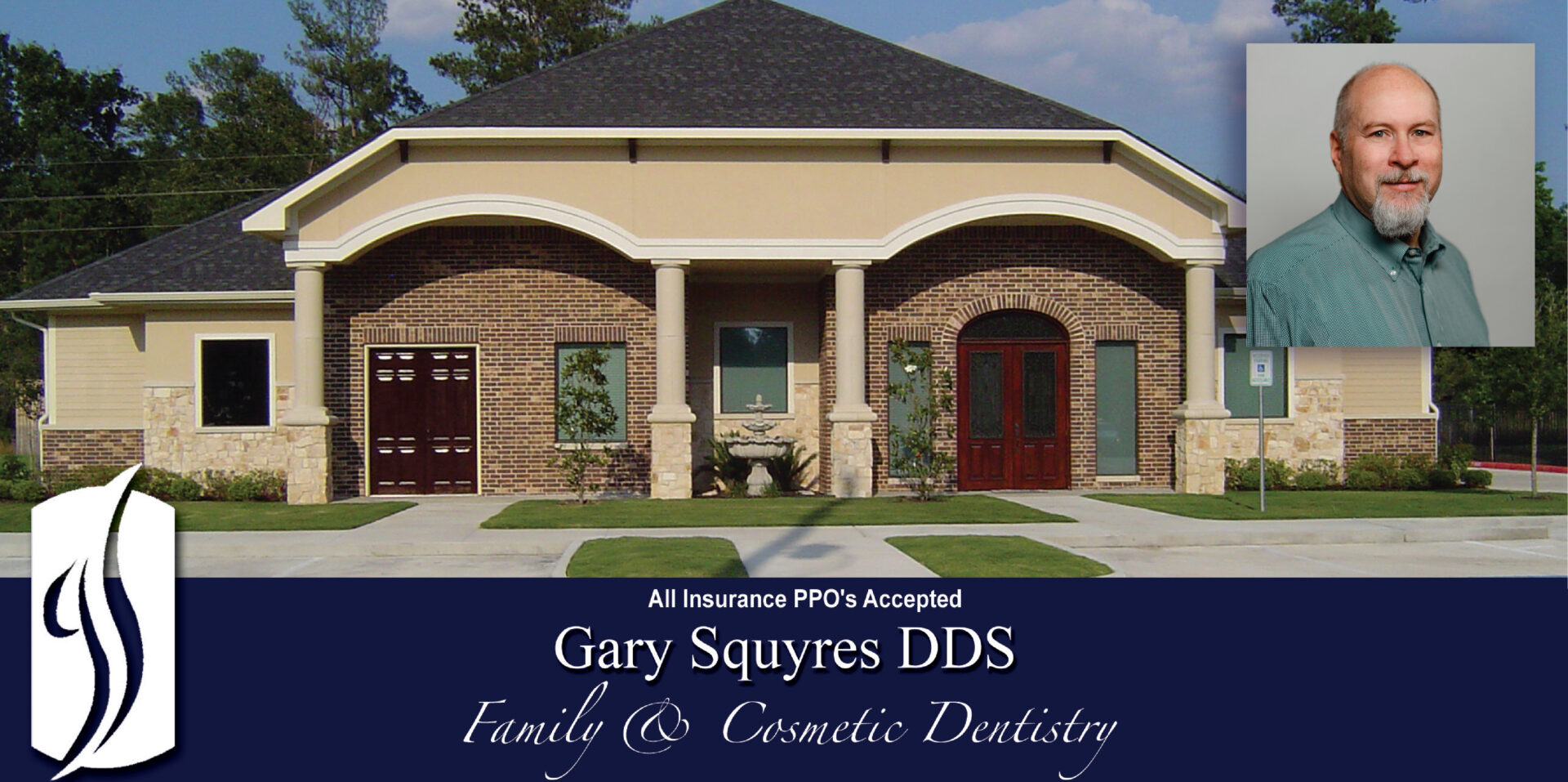Dental Bites: Dental Implants
Dental implants are an option for replacing missing or badly decayed teeth. A dental implant offers comfort and stability and, by virtue of the artificial tooth it supports, is a restoration that is the closest thing to a natural tooth.
What are Dental Implants?
Dental implants are manufactured “anchors” that look like screws. They are made of titanium and other materials that are well suited to the human body.
Treatment generally is a three part process that takes several months.
1. The dentist surgically places the implant in the jaw with the top of the implant slightly above the bone. A screw is inserted into the implant to prevent gum tissue and other debris from entering. The gum then is secured over the implant. The implant will remain covered for approximately 3 to 4 months while it fuses to the bone, a process called “osseointegration.”
2. The dentist uncovers the implant and attaches an extension, called a post, to the implant. The gum tissue is allowed to heal around the post. Some implants require a second surgical procedure in which a post is attached to connect the replacement teeth. With implants, the implant and post are a single unit placed in the mouth during the initial surgery.
3. The dental lab makes a crown, which has the same size, shape, color, and fit that will blend with you other teeth. Once the crown is completed it is attached to the implant post.
Increased Insurance Coverage
More dental insurance companies are covering some of the cost of implant treatment. An implant with a crown is usually about the same cost as a three-unit bridge, but statistically it lasts much longer. No wonder insurance companies are changing their attitude towards implants. Also, when patients have fewer out-of-pocket expenses, they are more likely to accept implant treatment.
Who is a good candidate for implants?
You are, if you’re in good health, have healthy gums and adequate bone to support an implant. You must be committed to thorough oral hygiene to keep your mouth healthy and to scheduling regular dental visits. Ask your dentist if implants are an option for you.




